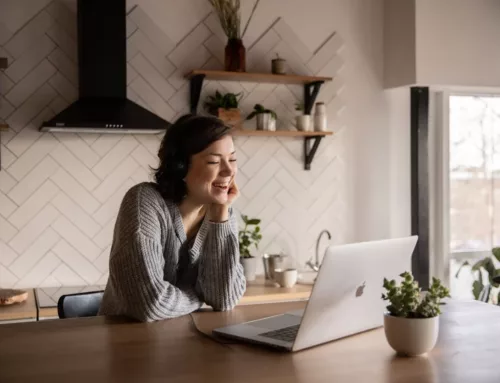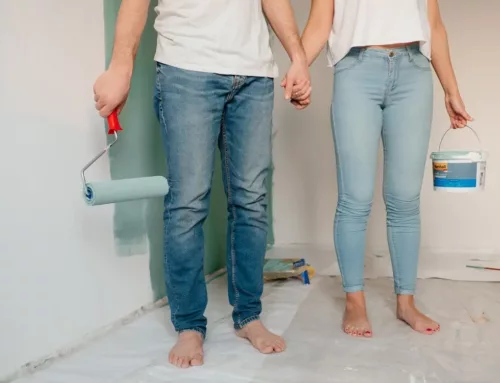It seems like everyone wants to give you advice based on something they do not have experience with. Have you ever noticed that the people who tell you how to best care for your house live in an apartment or condo? Or that the people who give you the most financial advice are the ones who seem to not have a lot of money? It doesn’t mean that they are wrong, it just means that they do not practice the same advice that they are giving people.
There is no substitute for experience. However, if you are able to learn something from the advice of someone else, or by researching something on your own, what you are doing is gaining some experience without actually experiencing the very thing you are researching. For example, when you are buying a house, how much money should you put down?
This is something that is greatly debated among real estate experts. The mistake each one makes when they make an argument is that they are assuming that the person has that much money to put down on a home. 25% is a good mark for a down payment on a home. However, if the home costs $400,000, that means the buyer would need to have at least $100,000 to put down. Most people do not have $100,000 in the bank account.
Depending on your income as well as other factors you can purchase a house with less than 20% down payment. The problem is you have to pay a mortgage insurance that can be anywhere from $100-$400 a month. That is an additional cost on top of the interest for the loan payment, the principle towards the loan, your property taxes and your homeowners insurance. That is a ridiculous amount of money to spend per month on something that doesn’t even add to the value of your home or go towards the principle. That’s literally money you are wasting because you could not reach 20%.
So 20% should be the minimum you put down on a new house. The next question focuses on whether or not you should maximize the amount of money you are putting down? On one hand, the more you put down, the less your monthly payments will be. However, the difference in your monthly payments and putting down 20 to 30% total may not be as staggering as you think.
If you plan to remodel the home or simply live there for 5 to 10 years and sell the property in a hot market, then putting down more than 20% is not really a good idea. Yes, it allows you to pay less per month because you are borrowing less money and that can save you hundreds or thousands of dollars a year. However, depending on how cash rich or poor you are at the time, keeping your own money may allow you to make renovations to the property or even invest in another property.
This is where you have to break down the numbers and consider your plan based on who you are as a person and where you are financially. The smartest thing to do is work with the professional real estate expert who can cover every option for you based on your personal situation. Speaking to a realtor allows you to go into detail about your personal finances including what you have to put down, what your investment goals are, what your personal needs are and what your monthly income is. With this information your realtor can help you find the best possible property for you to invest in as a personal home.





